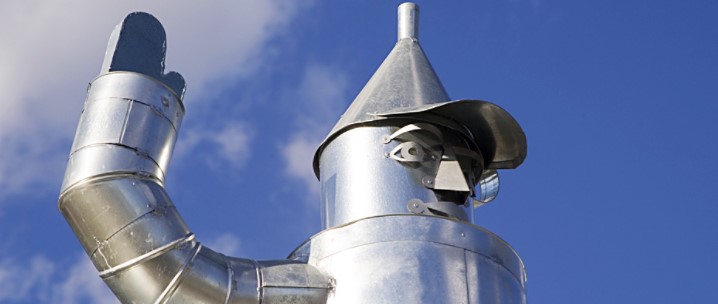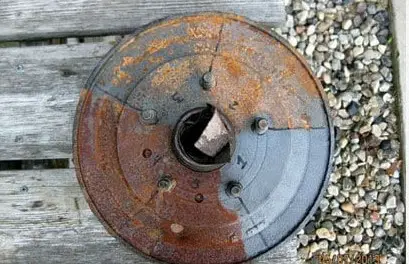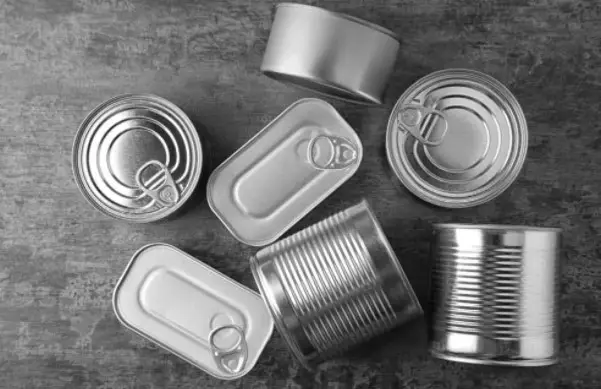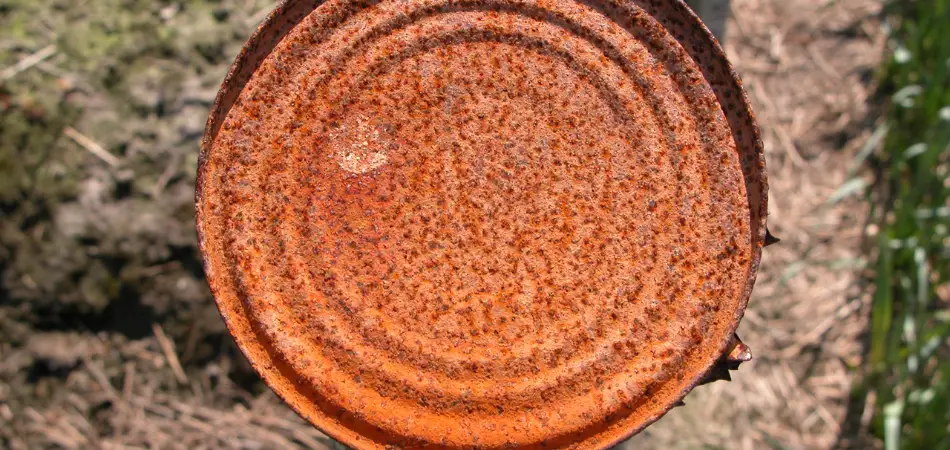Unlike most metals, tin is not toxic. It is resistant to corrosion, so it can be used in food and beverage cans to contact acidic foods. However, while the tin used in cans is essentially non-toxic when exposed to air and water, it will rust. So, does tin rust?
Yes, there is a chance that tin can rust if it is not properly coated. However, it will take years to form, and unless exposed to chemical agents, moisture, and physical abrasives, tin should remain rust-free.
While tin cans are durable and would probably last a long time if you threw them away, they’re also quite handy when kept around the house. So, whether you use them for storage, or arts and crafts, there is always something to do with an old tin can.
Keep reading to learn whether tin rusts and how that affects its uses.
About Tin
Tin is found in which cassiterite mineral and it is mined from the same. Compared to iron and other metals, tin is soft. Because it does not contain iron it does not rust. This explains why tin is used to coat other metals like steel to protect them from corrosion or slow down the rusting process. Thing is often used to coat steel cans.

Given the soft nature of tin, it is not capable of undergoing the work processes that iron, steel, other metals undergo and therefore it is not suitable for making applications iron and other metals are used for. This explains why it is usually mixed with other metals to make some applications.
Tin has a low melting point and it attaches itself firmly to copper, iron, and steel surfaces. This is why it is often used to coat copper alloys, iron, and some other kinds of metal, and act as a protective layer against oxidation. Tin plating is a popular form of protecting iron from corrosion. Tin is often used in making valves and piping to maintain water purity. Tin is also useful in plate-glass production. A very popular usage of tin is in making beverage cans. It is often used to line the inside of these cans and the outside to protect them from rust. Tin oxide is useful in making ceramics opaque.
Does Tin Plated Steel Rust?
Tin is used to protect steel and iron from rust through an electroplating process. Tin does not react as much as iron does that is why the inside of a steel can is plated with tin. The tin plate protects the steel can from water and oxygen. Therefore it does not corrode.

How To Keep Tin From Damage
A lot of things are packaged in tin cans. Items like tea, sweet crackers, and lots more come in tin-plated girls tin-plated cans. These cans might seem like they will not rust but they are susceptible to rust, it is just a matter of time. If you want to protect your collectibles, it is essential to know how to keep your tin from rust.
To protect tin from rust-like conditions and to avoid endangering your collectibles, you will have to apply lacquer to the tin.

Before applying lacquer to the tin, ensure that you have certified that it is suitable for it. Lacquer can affect the paper design on the can because it is like a solvent.
Another option is to apply carnauba – wax to the tin.
Cans that are lined with tin can rust. If there is a scratch and the tin gives way to the underlying metal, the metal can rust. The essence of lining the can with tin is to protect the underlying metal from rust. Anything like a sharp object can scratch off the tin lining, exposing the material to oxidation elements like moisture and air. When this happens, the underlying metal can corrode. The underlying method is most susceptible to roast if it is not galvanized. Creating a barrier between the thing and the content is essential to keeping it intact. Lining the can with paper is a preventive measure. It keeps the can from being exposed to elements that can threaten the tin lining.
If you hold food or cookies with treated tins, you have to guide against exposing the food from the coated tin. Again, lining the can with paper is a preventive measure. Aluminum foil is also suitable for creating a barrier between the can and the food.
Another way to protect a tin can is to clean it regularly. If some materials get in contact with the tin, they can compromise the tin lining in itself. As such, it is essential to wipe the tin can regularly to take out dirt and other materials that come in contact with it. If the tin is wet, wipe off the moisture immediately. Ensure that you do not use a harsh material to wipe the tin can. This is to prevent scratching the surface.
When cleaning cans and other applications with tin lining, do not use abrasives or acidic content. Tin reacts with strong acid and it can wear off. It is advisable to use water to wash or clean tin cans and other applications. You can as well use water and mild soap. The kind of soap used for washing dishes is advised.
Recoat tin items with wax or lacquer when necessary. The thing with these coats is that they can wear off with time. Reapplying the coatings is a way to keep the tin constantly protected.
Conclusion
Tim does not rust but it can be damaged by strong acids. Tin, along with metals like steel and iron, is used to make some applications like cans. There are many ways to protect tin coated items from damage. Ensuring that tin items do not come in contact with strong acid is an important way to protect the item from being damaged.


